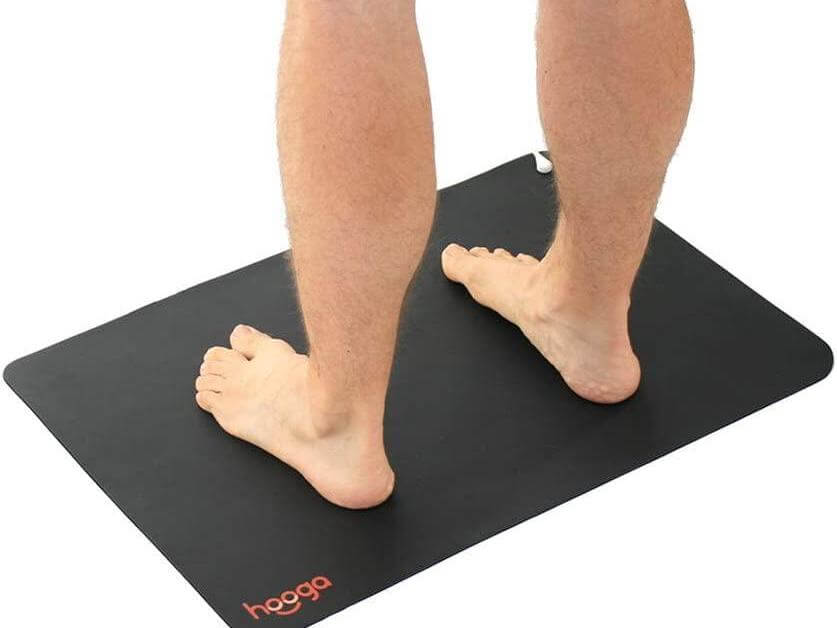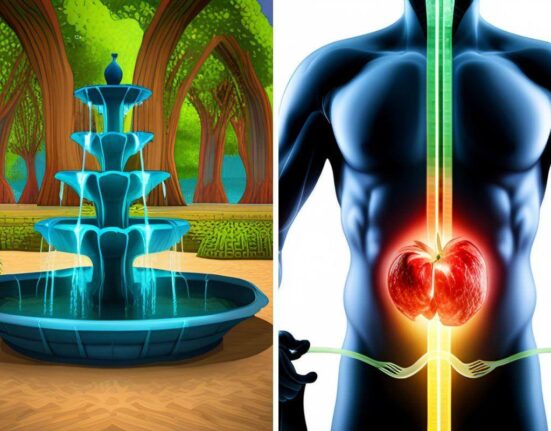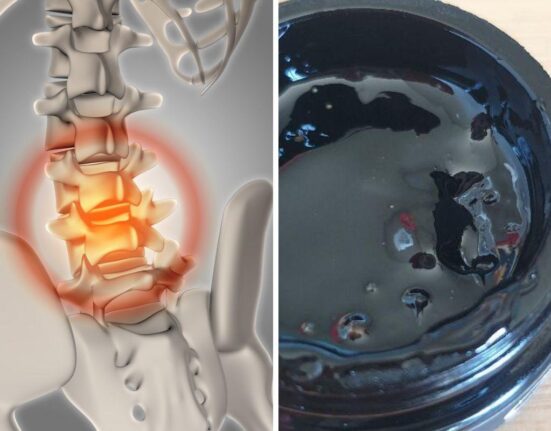Are you a teen or is there someone you love who has both diabetes and depression? If so, there is hope. Developing an understanding of nutrition for diabetes and depression is not only possible but also essential to living your best life.
Don’t let managing multiple conditions wear you down
As a teenager, managing diabetes can be a challenge, especially when coupled with mental health issues such as depression. However, it’s important to remember that you are not alone and that there are resources available to help you. By developing an understanding of proper nutrition, exercise, and mental health strategies, you can manage your conditions and live a fulfilling life.
This article will provide you with practical tips and tricks to help you manage your diabetes while also supporting your mental health.
We will explore the importance of self-care and stress management, as well as provide suggestions for healthy meals and snacks.

We’ll also discuss how regular exercise can help you manage your blood sugar levels and improve your overall well-being. By implementing these strategies into your daily routine, you can take control of your health and feel empowered to live your best life.
With the right information and strategies, it’s possible to properly manage diabetes while staying mentally healthy as a teenager. In this blog post, we will delve into how nutrition can play a role in helping teenagers with both diabetes and depression achieve better health outcomes.

We’ll explore what foods are beneficial to consume along with helpful tips for exercising in order to create sustainable lifestyle changes that keep up with ongoing health challenges. Don’t let managing your multiple conditions wear you down.
Best foods to eat to manage Diabetes and depression for teens
According to various studies, a whole foods diet can provide teens with numerous health benefits such as lower rates of heart disease, cancer, type 2 diabetes, and metabolic syndrome.
Whole foods are also high in important nutrients such as fiber, vitamins, and minerals, which are essential for maintaining good health. Additionally, consuming a diet rich in whole foods has been linked to improved digestive health, weight loss, and increased energy levels.
Some good examples of whole foods include fruits, vegetables, whole grains, legumes, nuts, and seeds. Incorporating these foods into your diet can have a significant impact on your overall health and well-being.
It’s important to note that incorporating whole foods into your diet does not have to be an all-or-nothing approach. Making small changes to your diet over time can lead to big improvements in your health, so it’s best to start by making small, mindful and sustainable changes that work for you.
Leafy Greens
Be adventurous, change it up. There’s no need to feel you have to stick to kale and spinach. There’s lots of choice like:
a. Arugula

b. Collard greens

c. Mustard greens

d. Swiss chard

f. Watercress

f. Bok choy

2. Low-Glycemic Fruits
Choose low-glycemic fruits such as:

3. High Protein Foods

Lean meats, fish, beans and legumes, nuts and seeds, dairy products, and eggs provide protein to support muscle mass, immunity, and hormone production.

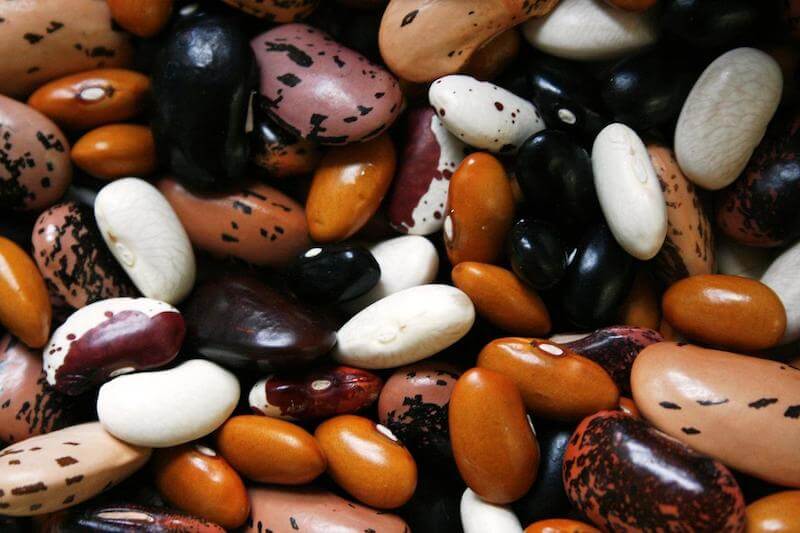
They also keep you full for longer periods of time and contain other essential vitamins, minerals, and antioxidants.
- Whole Grains – Unlike refined grains, whole grains contain all parts of the grain and are packed with vitamins, minerals, and fiber.
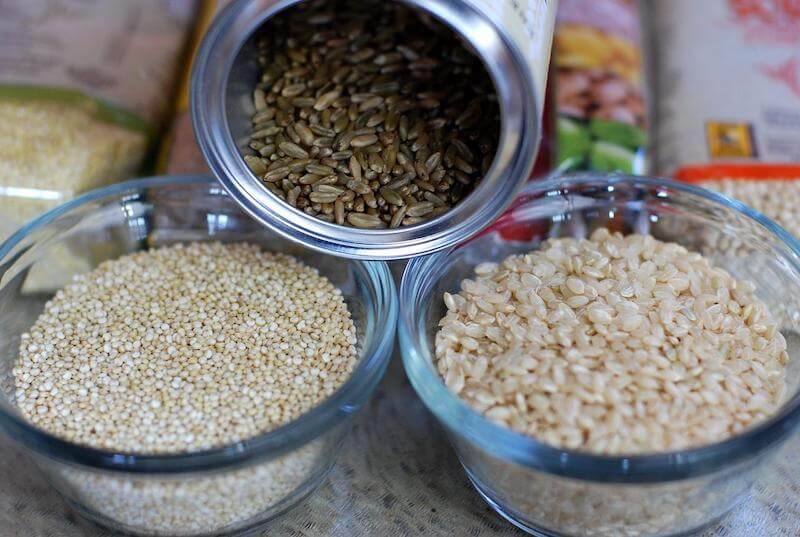
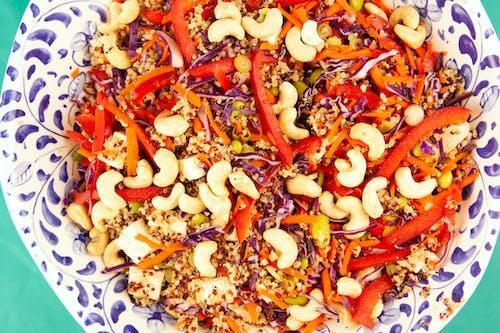
Activities for Mental Health & Diabetes Management for Teens
Living with diabetes can be a challenge – it takes constant monitoring and management to maintain good health. And while physical activity is crucial for keeping blood sugar levels in check, it’s also important to keep our mental health in mind.
Engaging in activities that promote both mental and physical wellbeing can be a great way to manage diabetes and reduce stress levels. Some activities that have shown to be effective for teens include yoga and meditation, which can help reduce stress and anxiety.
Outdoor activities such as hiking or biking, which not only provide exercise but also a connection with nature; and creative pursuits like art or music, which can provide a therapeutic outlet and promote mindfulness.

Managing Diabetes = prioritizing mental health
Living well with diabetes requires focus on:
- Monitoring blood sugar
- Healthy diabetes-friendly diet
- Incorporating mental health boosters
- Consistent exercise
Scientific studies have demonstrated that getting out in nature can help stabilize and boost mood.

For example, a study published in the International Journal of Environmental Research and Public Health found that spending time in nature was associated with lower levels of the stress hormone cortisol.

Our bodies require negative ions
Another reason why spending time in nature can be beneficial for mood is the presence of negative ions in natural environments.
Negative ions are invisible particles that are naturally abundant in outdoor environments like forests, beaches, and mountains.

These ions have been shown to have positive effects on mood and well-being. Many people with depression have placed negative ion generators in different rooms of their house and have reported that they make them feel better, they life their mood.
These Clarifion negative ion air generators are a best seller with tens of thousands of positive reviews when it comes to helping people experience the benefits of outdoors when inside.
Clarifion – Negative Ion Generator with Highest Output
A review published in the International Journal of Molecular Sciences suggests that negative air ionization might provide promising health benefits, including mood enhancement and reduction of depression and anxiety symptoms.
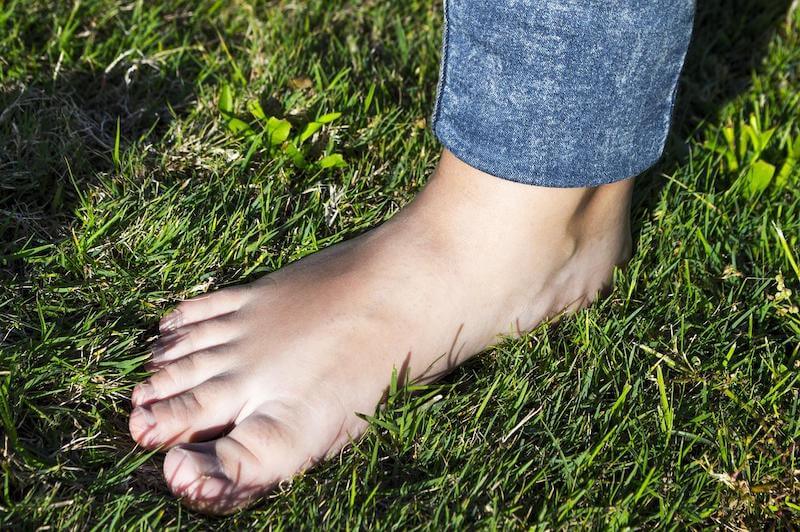
Walking barefoot on the ground–a practice known as “earthing” or “grounding” can also increase exposure to negative ions.
Earthing has been shown to have potential benefits on mood and stress levels, according to a study published in the Journal of Environmental and Public Health.
A grounding mat can help increase time spent standing on a material that is similar to that of standing on bare earth, to help increase negative ion exposure when not in nature.
Something like this will work well.
Hooga Grounding Mat Earth Connected Therapy
- For better sleep
- Energy
- Pain Relief
- Inflammation
- Balance
- Wellness
- Office
- 15 Foot Cord Included
- Conductive Carbon
Exposure to sunlight

Exposure to natural light through sunlight has also been linked to improved mood and well-being. Sunlight exposure helps regulate the body’s production of serotonin, which is known as the “happy hormone.” Serotonin is important in regulating mood, sleep, and appetite.
If you can not be outside, a natural sunlight lamp is a close second for exposing the body to high quality light.
Fitfirst Light Therapy Lamp
- 15000 Lux Simulated Sunlight
- UV-Free LED Lamp with 3 Color Temperature
- 4 Brightness Settings
- Adjustable Timer
- Foldable Stand for Home Office Travel
Life Management Skills for Depression and Diabetes for Teens
Diabetes and depression as a teenager can be challenging, especially when trying to balance school, social life, and other responsibilities. However, with the right life management skills, it’s possible to take control of your conditions and achieve better health outcomes.
In this section, we will explore some practical strategies for managing diabetes and depression as a teen. We’ll discuss the importance of self-care, stress management, and using support systems.
By incorporating these life management skills into your daily routine, you can reduce stress and improve your overall well-being while managing both diabetes and depression.
1. Exercise
Exercise is essential to maintaining a healthy lifestyle. Not only does it improve physical health and diabetes complications, but it also has a positive impact on mental health by reducing stress and anxiety.
Moving the body is an essential component of managing blood sugar levels for teen diabetics. Physical activity can help regulate blood sugar by making the body more sensitive to insulin, the hormone responsible for regulating blood sugar.
When you exercise, your muscles use glucose for energy, which can lead to a drop in your blood sugar levels. This effect can last for several hours after exercise, depending on the intensity and duration of physical activity.


2. Meditation and Mindfulness Practices
In a world that is constantly moving at a breakneck pace, it can be difficult to find a moment of stillness.

From reducing stress and anxiety to improving focus and clarity, dedicating a few moments each day to quiet reflection can have a profound impact on our overall well-being.
3. Socialize with Friends and Family
Keeping up with friends and family is important for a healthy and fulfilling life. Socializing with loved ones can help alleviate stress and provide a sense of belonging.

Whether it’s catching up with an old friend or spending quality time with family, socializing allows us to express ourselves, share experiences, and strengthen relationships. It can even improve our mental health by reducing feelings of isolation and loneliness.
4. Establishing an Effective Meal Plan
Establishing an effective meal plan can be a daunting task, but the benefits are invaluable. A well-planned meal can help you achieve your health goals, increase energy levels, and reduce stress during meal times. It also ensures that you are getting the proper nutrients to nourish your body.

The key is to identify your personal goals and needs, and create a plan that is realistic and sustainable. This may involve experimenting with different recipes, incorporating a variety of whole foods, and practicing mindful eating habits.
5. Monitoring Blood Sugar Levels Regularly
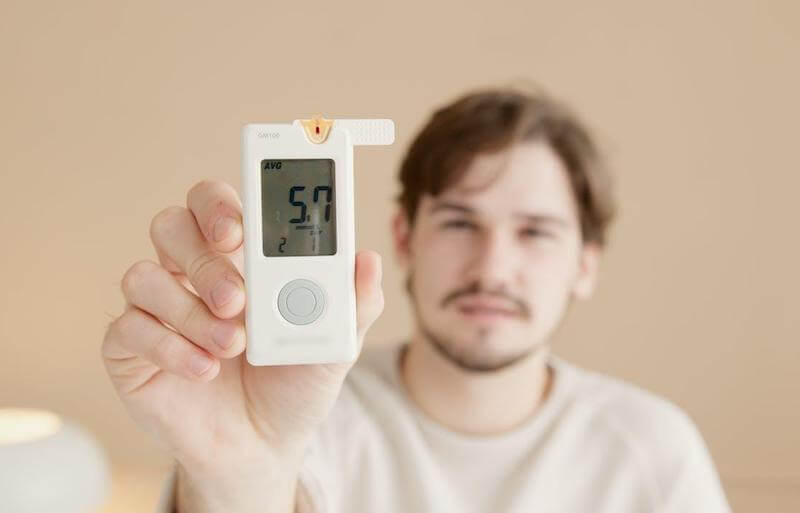
Monitoring blood sugar levels is an essential part of managing diabetes. By regularly checking your blood sugar levels, you can ensure that they stay within target ranges and adjust your treatment plan accordingly to prevent complications.
6. Utilizing Support Systems
As humans, we don’t always have all the answers or solutions to the challenges we face. That’s where support systems come in. Utilizing them can make a world of difference when navigating tough times.

These systems can include friends, family, mentors, support groups, therapy, and more. They offer a safe space to share our struggles, gain new perspectives, and receive encouragement.

Concluding remarks on managing diabetes and depression in teens
Depression and diabetes can be challenging conditions for teens. However, by incorporating life management skills into their daily routines, they can successfully navigate these.
Exercise, meditation, socializing are just a few the practices can help physical and mental health. Additionally, establishing an meal plan and monitoring blood sugar levels can help diabetes and prevent complications.
Finally, utilizing support is crucial during difficult times. By practicing these skills and seeking support when needed, teens can maintain their well-being and thrive in all areas of life.
The links used on thewellthieone.com are affiliate links, which may provide a small commission. This does not increase the price of the goods for the consumer whatsoever. What it does is ensure that useful content like this can continue to be produced. Thank-you for enjoying our content and allowing us to continue to provide more.
Sources and additional reading
- “Managing Diabetes and Depression in Teens” from Natural Health Advisory: https://www.naturalhealthadvisory.com/daily/depression-and-anxiety/managing-diabetes-and-depression-in-teens/
- “Mental Health & Diabetes: How to Manage Both as a Teen” from Healthline: https://www.healthline.com/health/diabetes-and-mental-health-for-teens
- “Depression and Diabetes in Teens: A Double Whammy” from Everyday Health: https://www.everydayhealth.com/type-2-diabetes/living-with/depression-diabetes-teens-double-whammy/
- “Tips for Managing Diabetes and Depression in Teens” from MyFitnessPal: https://blog.myfitnesspal.com/managing-diabetes-and-depression-in-teens/
- “Combating Depression and Diabetes in Teens” from Diabetes Self-Management: https://www.diabetesselfmanagement.com/blog/combating-depression-and-diabetes-in-teens/
- “Managing Diabetes and Depression in Young People” from Diabetic Living: https://www.diabeticlivingonline.com/monitoring/blood-sugar/managing-diabetes-and-depression-young-people
- “The Connection Between Diabetes and Mental Health in Teens” from Beyond Type 1: https://beyondtype1.org/the-connection-between-diabetes-and-mental-health-in-teens/
More from Thewellthieone:
Additional reading:
- “Diabetes and Mental Health” from the American Diabetes Association: https://www.diabetes.org/diabetes/mental-health
- “Depression and Diabetes” from the National Institute of Mental Health: https://www.nimh.nih.gov/health/publications/depression-and-diabetes/index.shtml
- “Teen Depression” from the Mayo Clinic: https://www.mayoclinic.org/diseases-conditions/teen-depression/symptoms-causes/syc-20350985
- “Managing Stress and Diabetes” from the Juvenile Diabetes Research Foundation: https://www.jdrf.org/t1d-resources/living-with-t1d/stress/
- “How to Help Your Teen with Diabetes and Depression” from Verywell Health: https://www.verywellhealth.com/helping-your-teen-with-diabetes-and-depression-1087429



